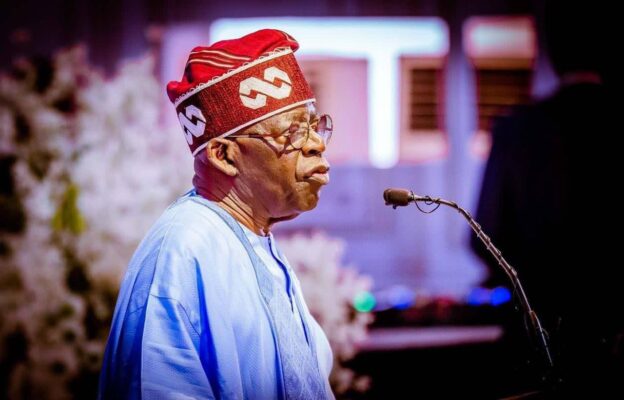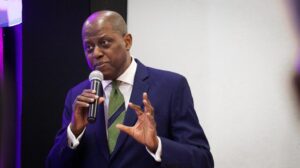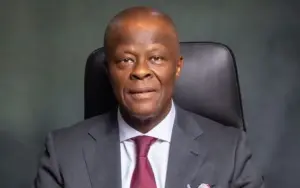The Presidency has reiterated President Bola Ahmed Tinubu’s unwavering commitment to fostering inclusive growth and implementing concrete measures to ease the nation’s economic hardship.
This reassurance came in response to a recent World Bank Group report highlighting that poverty levels in Nigeria remain deeply concerning despite rising government revenues and increased capital spending by both federal and state governments.
The Bank estimated that about 139 million Nigerians are likely living in poverty.
In a post on X, Special Adviser to the President on Media and Public Communication, Sunday Dare, detailed the administration’s economic recovery efforts and social protection programmes designed to improve citizens’ welfare.
According to Dare, the Tinubu administration “remains firmly focused on improving household welfare through targeted, verifiable interventions” to ensure that economic growth leads to tangible improvements in living standards.
He identified the Conditional Cash Transfer (CCT) as a key initiative, expanded to reach up to 15 million households nationwide, with over ₦297 billion disbursed since 2023 to support poor and vulnerable families. Beneficiaries, he explained, are enrolled through a verified digital process under the National Social Register.
Dare also described the Renewed Hope Ward Development Programme (RH-WDEP) as “a major initiative targeting all 8,809 electoral wards” to provide micro-infrastructure, livelihood support, and essential social services at the grassroots.
He added that the administration is consolidating the National Social Investment Programmes (NSIPs) — including N-Power, GEEP micro-loans, and the Home-Grown School Feeding Programme — to protect jobs, empower small businesses, and keep children in school.
On food security, Dare noted that the government is tackling inflation through subsidised distribution of grains and fertilisers, mechanisation partnerships, and the revitalisation of strategic food reserves.
He further pointed to the creation of the Renewed Hope Infrastructure Fund (RHIF), established to finance critical energy, road, and housing projects aimed at reducing living costs and generating employment.
Read Also
- El-Rufai Creating Tension, Diverting Attention from Corruption Allegations - Presidency
- Nigeria on ‘Healing Journey’, Targets $1Trn Economy by 2030 - Presidency
- Why Tinubu -Kagame Paris meeting Image Carries Grok Watermark - Presidency
- My Year Working With Vice President Shettima: A Personal Reflection
READ ALSO: We Are On The Right Track With Q2 GDP Growth Rate – Presidency
Likewise, the National Credit Guarantee Company (NCGC) is expanding affordable credit access for small businesses, women, and youth through risk-sharing collaborations with financial institutions.
Acknowledging the challenges posed by recent economic reforms, Dare said policies such as fuel subsidy removal and exchange rate unification were “necessary choices to tackle the root causes of poverty rather than its symptoms.”
“Even the World Bank has acknowledged that these reforms are restoring macroeconomic stability and renewed growth momentum,” he stated.
Dare reaffirmed that the administration’s top priority is ensuring that “economic growth must be inclusive,” driving improvements in food affordability, job creation, and reliable infrastructure.
He disclosed that government investments are being scaled up in agriculture, MSMEs, and power, with initiatives such as agricultural value chain expansion, gas-to-power projects, and skills development hubs expected to create jobs and lower living costs.
“As these programmes mature, Nigerians should begin to feel visible improvements in food prices, income, and purchasing power,” he assured.
According to Dare, the government is reinforcing its social investment framework through a unified, data-driven system to promote transparency and accountability.
This includes expanding the National Social Register and rolling out the Renewed Hope Ward Development Programme to ensure that “no vulnerable community is left behind.”
“The reforms are necessary, the direction is right, and the foundation for a fairer and more prosperous Nigeria is being firmly laid,” Dare concluded.





